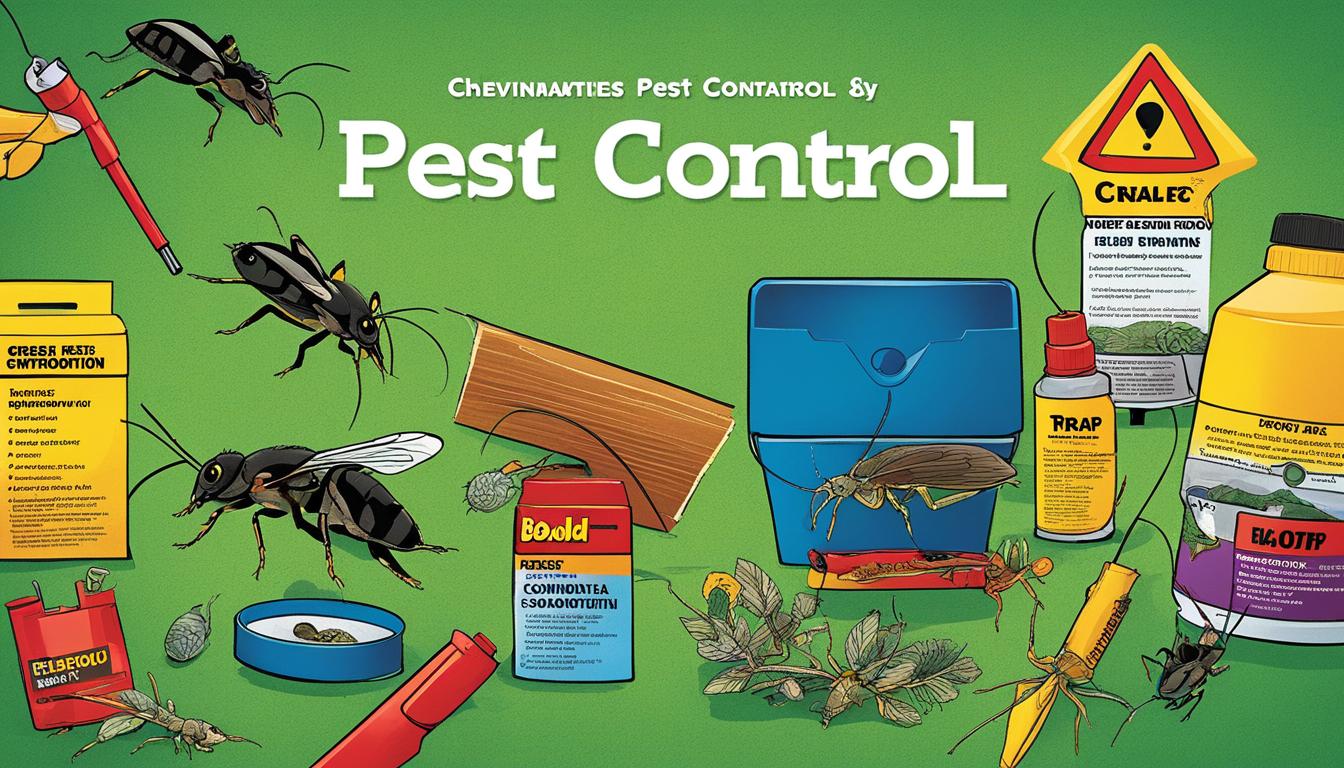The 9-Minute Rule for Pest Control
The 9-Minute Rule for Pest Control
Blog Article
Some Known Questions About Pest Control.
Table of ContentsThe 6-Minute Rule for Pest ControlOur Pest Control Diaries4 Simple Techniques For Pest ControlTop Guidelines Of Pest Control5 Simple Techniques For Pest Control
Limitations of Chemical Management Be able to analyze parasite issues, determine if management is required, and make suitable referrals using IPM methods. Be acquainted with different methods of parasite monitoring - their benefits and constraints.This phase goes over (IPM), a technique that uses knowledge concerning bugs and their, methods, nonchemical techniques, and chemicals to handle parasite troubles. Extra info about IPM for specific plants is consisted of in phases that focus on those plants. Bugs in a yard or landscape might include bugs and termites, weeds,, creatures, and birds.
Pests and weeds, however, play a role in the. After growing a garden or developing a yard, the natural procedure of plant sequence starts to improve and nonnative plants.
What we call "bugs" become part of an all-natural system at the office. An ecosystem has no parasites. Only humans consider certain types parasites when they take place where they are not wanted. We will certainly be extra effective in managing unwanted species when we recognize that these microorganisms follow foreseeable patterns that we can make use of to our advantage.
The Ultimate Guide To Pest Control
Bugs susceptible to a pesticide were swiftly killed, leaving resistant ones to reproduce and multiply. It ended up being clear that pesticides alone would not fix all pest problems. Rather, overuse of pesticides triggered the advancement of immune bugs. Scientists started to create a brand-new method to pest control. This brand-new method was referred to as incorporated insect management (IPM).
An IPM strategy enables some degree of parasites in the setting. Pests are much less likely to make it through a program that utilizes several approaches of decreasing their populaces. Integrated insect monitoring was initial recommended by entomologists because insects were the first group of insects to confirm difficult to manage with chemicals alone.
insect and host precisely. and consider economic or visual injury. A threshold is the point at which action must be taken. a treatment method making use of mechanical, cultural, biological, or chemical controls, or a mix of these techniques. success of treatments. IPM has extended beyond pests to administration of all pest populations: weeds, condition microorganisms, and animals.
Fascination About Pest Control
Administration instead than eradication of parasites is the objective. An IPM plan starts with a cautious analysis of each bug invasion.
Clover growing in a grass might be considered as an undesirable weed, but as a vegetable it is synthesizing nitrogen for the dirt and the flowers are supplying nectar to honey and various other. Resistance for some weeds might be part of an IPM plan. might be consuming the fallen leaves of a plant, yet when they are identified as the larvae of Eastern tiger swallowtail butterflies, their damages may be tolerated so we can delight in the stunning butterfly.

The second most important tool in insect management is early treatment. Being existing and observant in the yard makes sure very early detection. Responding to troubles swiftly, prior to they have time to increase, requires a much less remarkable treatment. The third most he said important tool is recordkeeping; tracking what takes place in the yard makes it possible for a garden enthusiast to identify patterns and make educated decisions.
The Best Strategy To Use For Pest Control
Many secure, useful, nonchemical methods of plant security and bug management might reduce or eliminate the requirement to spray. Other methods are most beneficial when utilized with pesticides. To carry out monitoring techniques properly and to lessen losses, garden enthusiasts need to know the kinds of pests that attack plants and understand pest biology.

Carrying out a dirt examination and using just the advised quantity of fertilizer and lime makes the most of the advantage to the plant while minimizing issues associated with too much usage of fertilizer - Pest Control. Covering the soil with a number of inches of mulch safeguards the plant in numerous ways: lowering dirt water loss to dissipation, lessening weed competitors, providing nutrients, and developing an appropriate setting for earthworms and bacteria that try this site maintain the dirt loosened for origins and damage down organic product to launch nutrients
If mulch touches the trunk, it can produce a way for voles, microorganisms, and fungi to assault the plant. Do not make use of manure or garden compost that has not extensively broken down as a top dressing due to the fact that it can motivate unwanted pests. Study recommends that farming is destructive to dirt framework.
Unknown Facts About Pest Control
If tilling is regarded needed, think about doing it in the loss when the life cycles of lots of bugs brings them near the surface. At the surface, insects come to be exposed to the climate as well as birds and various other all-natural opponents.
Report this page